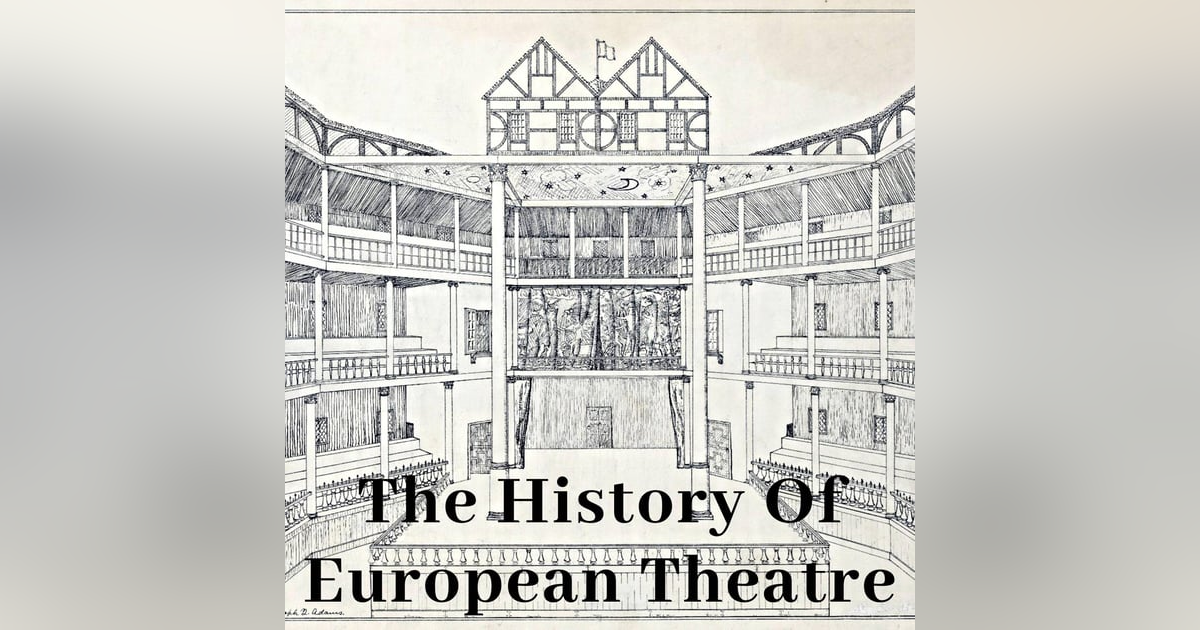Keeping It Real: Italian Theatre In Perspective


Episode 79:
As things moved on in the early renaissance art - painting and sculpture - led the way and theatre soon followed. Artists tried to inject more realism into their work, showing their subjects as they really were, or as close as they could get. The colours of clothes, skin tones, fruit, countryside scenery and, well, whatever the artist’s subject was, became more subtle and realistic as artists looked at the different impacts of viewpoint, light and light sources in paintings and strived to show the world as it really was. The discovery of an understanding of one thing in particular made those working in the theatre sit up and take note – perspective in art had arrived.
Brunelleschi and the discovery of perspective painting.
1414 and the rediscovery of Vitruvius and ‘De Architectura’.
Leon Battista Alberti and the beginnings of theatrical perspective design .
Pellegrino de San Daniele and his perspective scenery at Ferrara.
Architect Sebastiano Serlio, his perspective designs and use of the raked stage and painted flats.
The development of wing space as an integral part of theatre design.
The problems with perspective scenery.
Aristotle de San Gallo and his reintroduction of the ‘periaktoi’.
The importance of the introduction of flats throughout theatres.
Lighting methods in Italian renaissance theatre.
The Teatro Olympico in Vicenza, designed by Andrea Palladio and completed by Vincenzo Scamozzi. This theatre was the panicle of perspective theatre design with seven arches at the back of the stage using perspective effect but had a short life.
Advances in stage machinery by Nicola Sabbatini, known for his flying effects and his fondness for the ‘periaktoi’. To improve this feature he designed mechanical ways of rotating the periaktoi.
Sabbatini’s wave form effect.
Giacomo Torelli and his mechanical decice for moving flats on and off stage, the ‘chariot pole system’.
Support the podcast at:
www.thehistoryofeuropeantheatre.com
www.ko-fi.com/thoetp
www.patreon.com/thoetp
This podcast uses the following third-party services for analysis:
Chartable - https://chartable.com/privacy